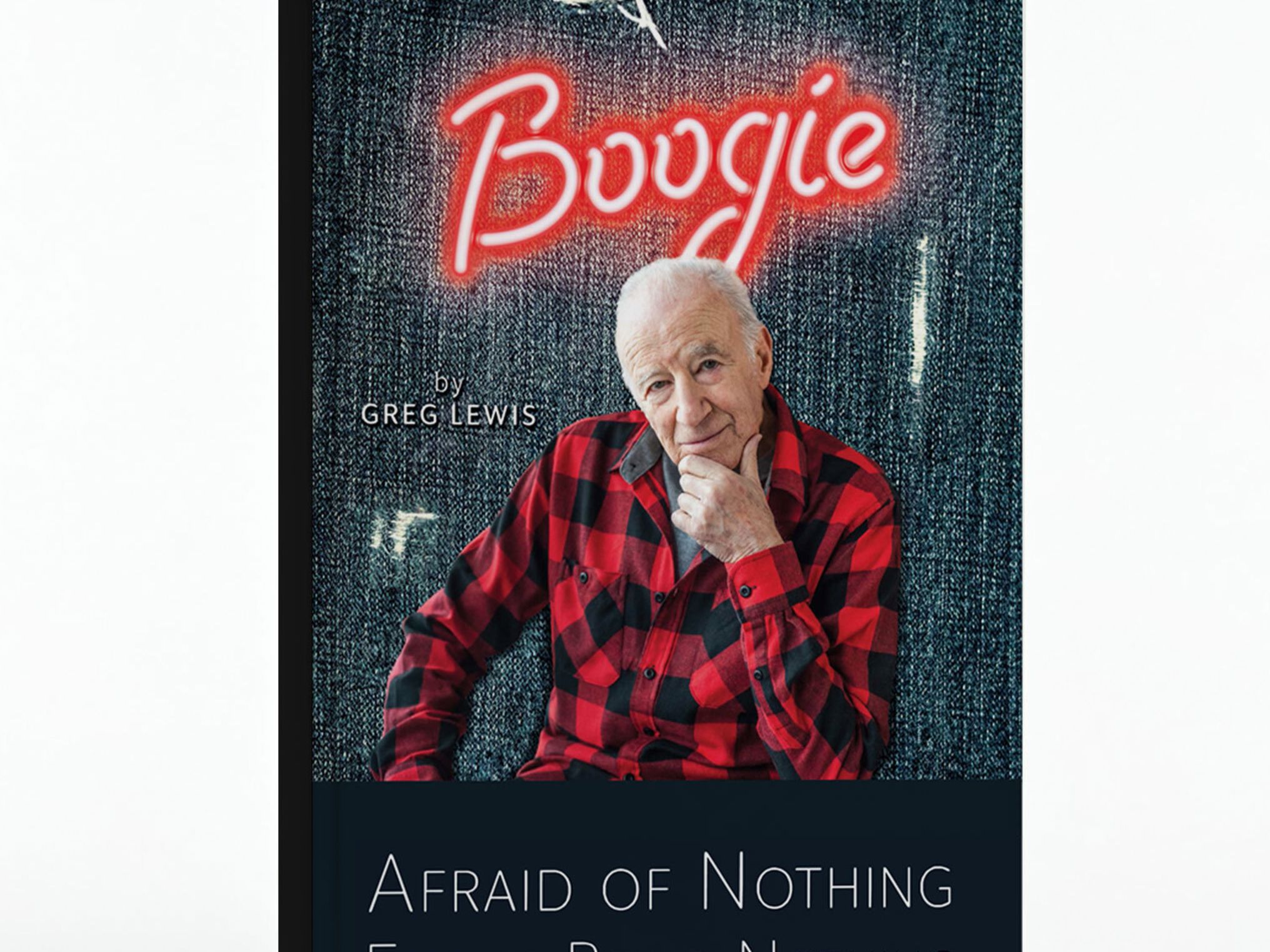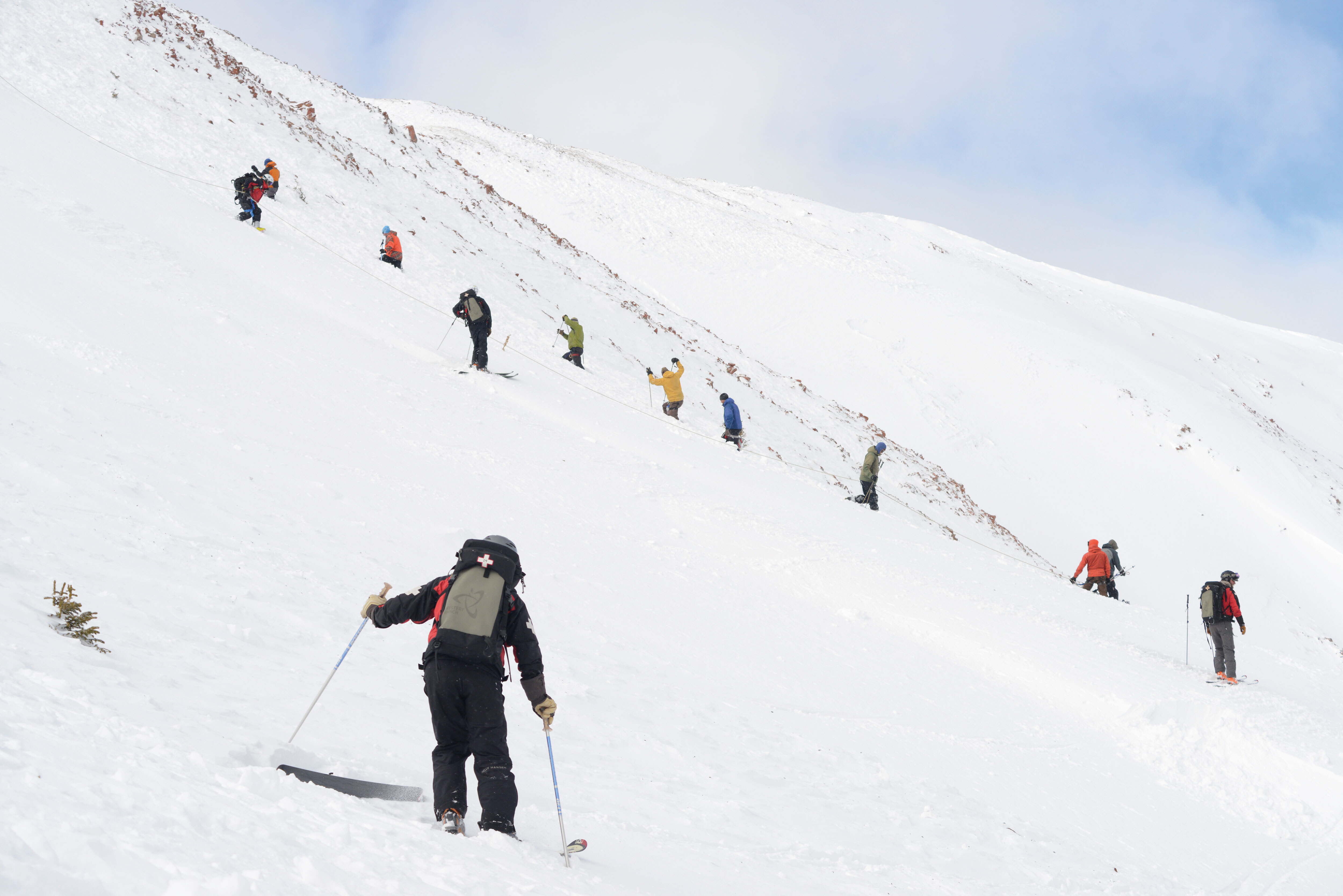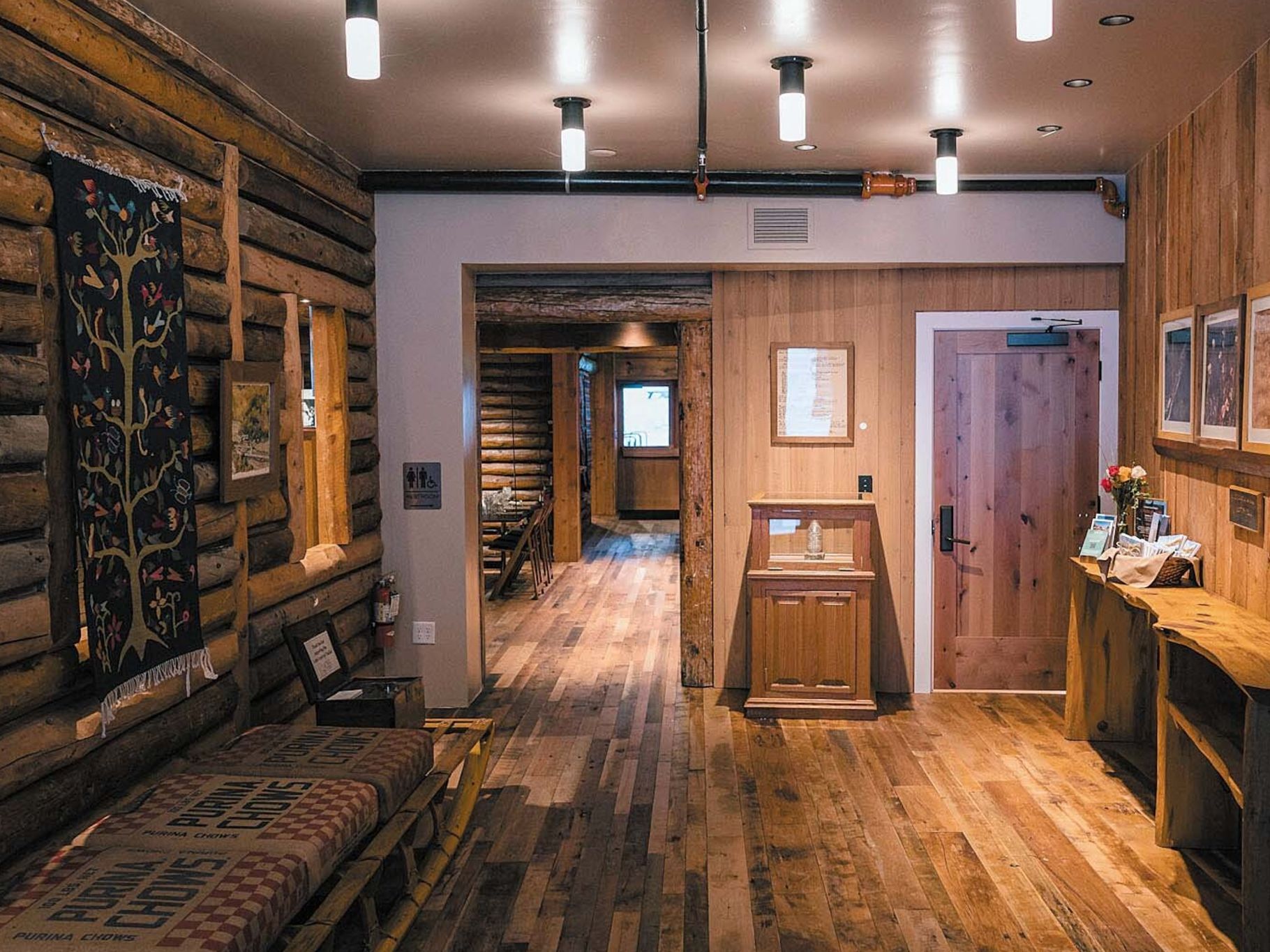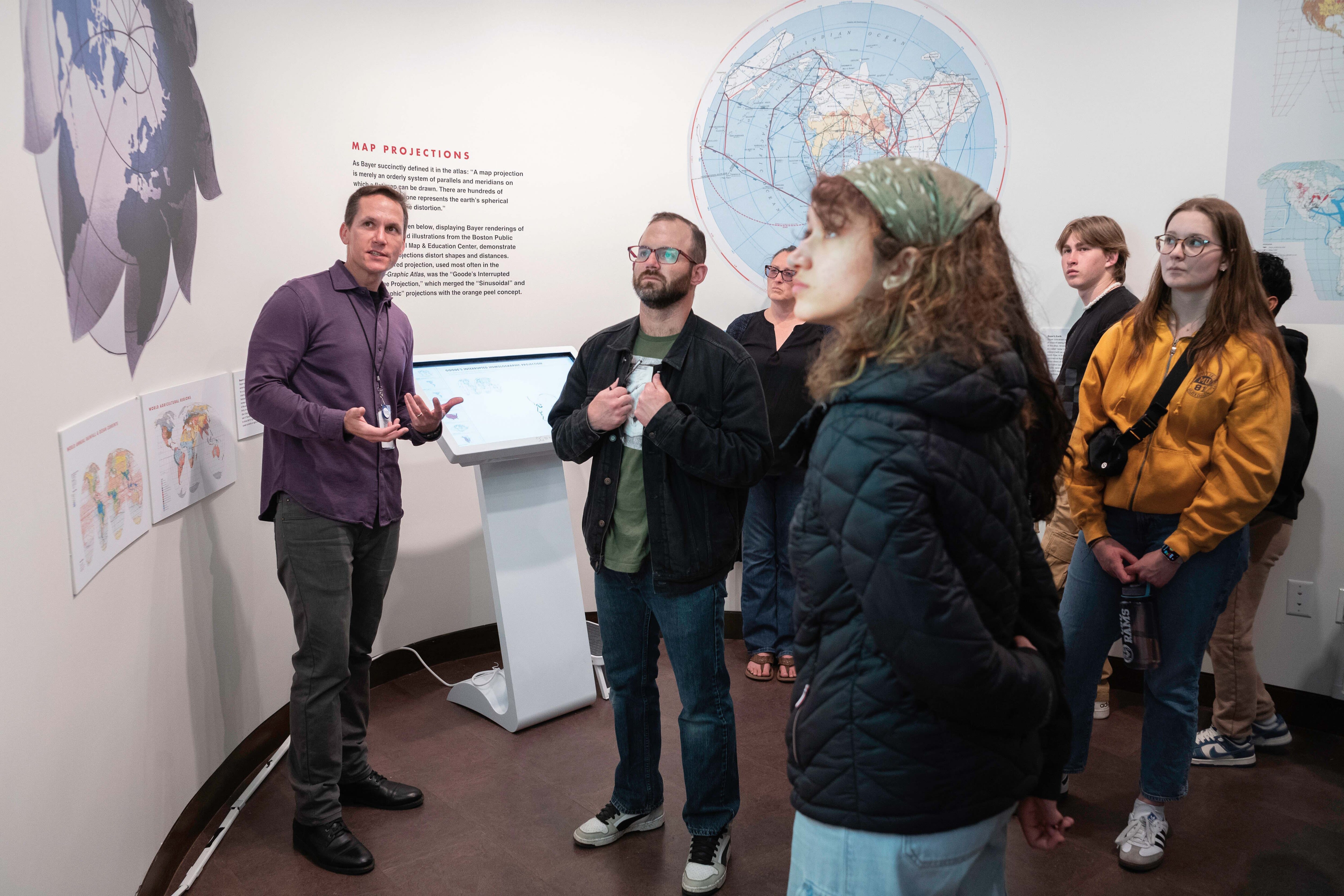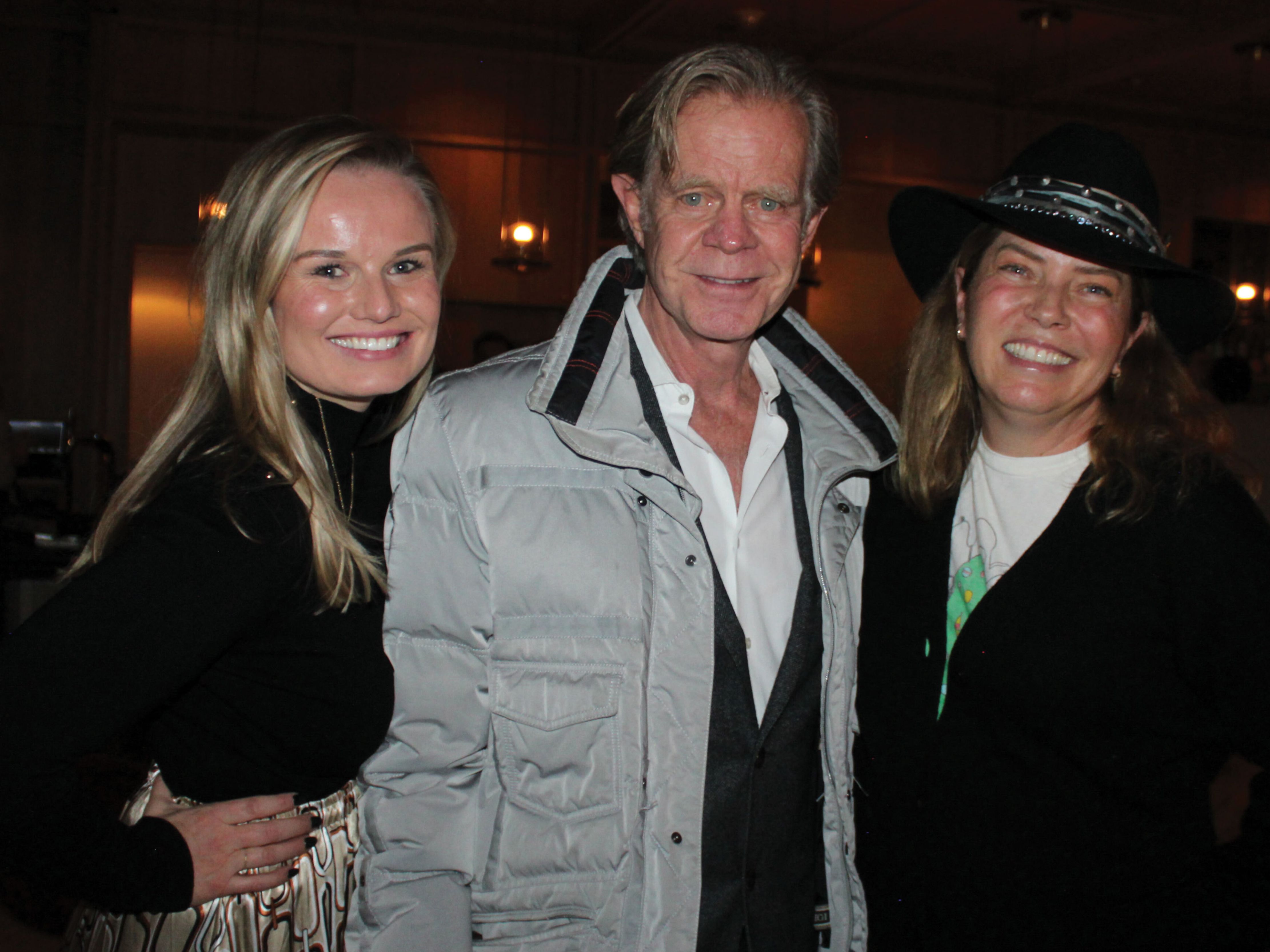Bestselling Author Christina Baker Kline to Appear at Aspen Winter Words
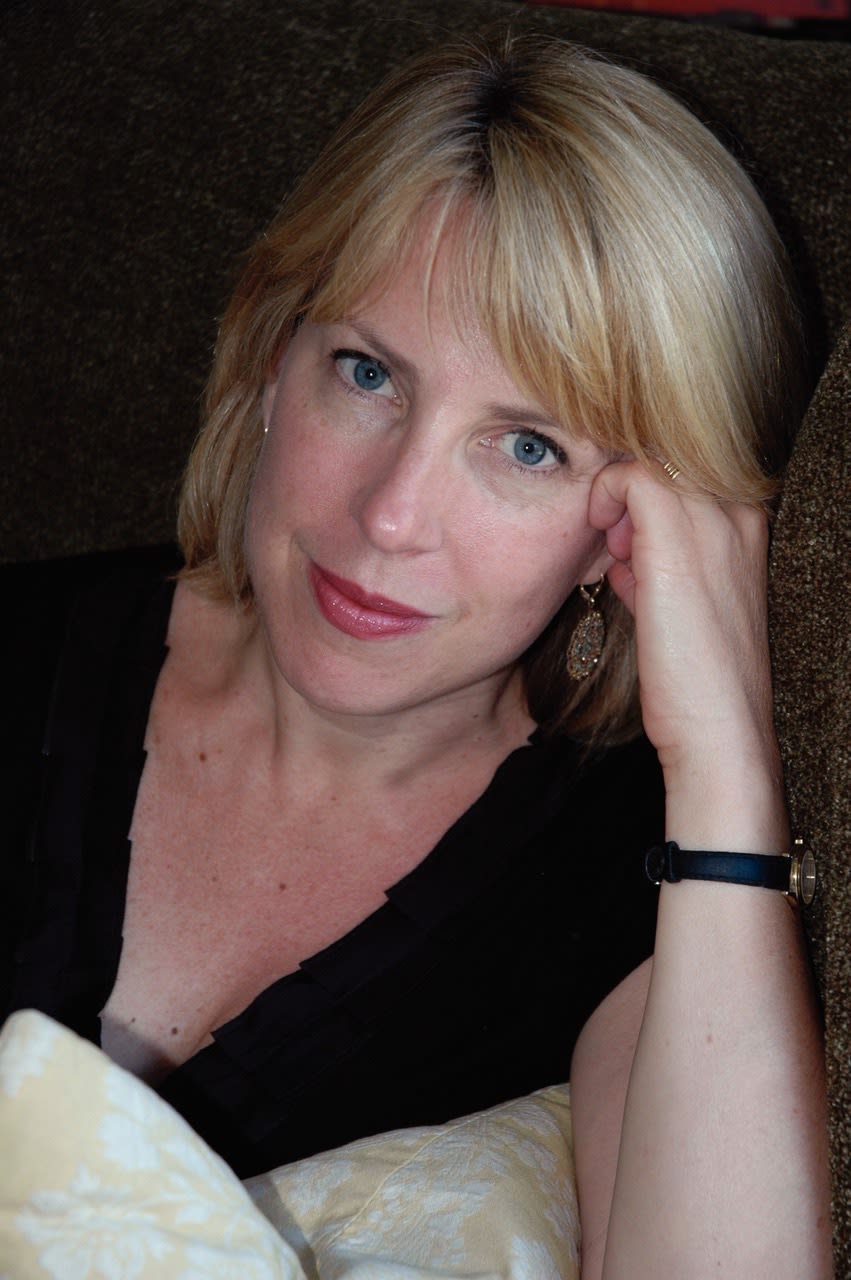
Image: Courtesy photo
Writing good historical fiction requires both the dogged research ethic of a Ph.D. student and the elevated wordsmithing of a creative writer—two skill sets that don’t always flourish together. Christina Baker Kline, however, has mastered both fronts in her seventh novel, A Piece of the World, a fictionalized memoir of Christina Olson, the seemingly mysterious woman splayed in the grass in Andrew Wyeth’s most famous painting.
After delving deep into history while writing her novel Orphan Train, about a long-ago program that brought abandoned children from East Coast US cities to the rural Midwest, Kline realized she relished the extensive research. “I learned so much about early to mid-20th-century American life, and I wanted to stay in that time period,” she says. When a friend mentioned seeing Wyeth’s classic painting, inspiration for the next book hit. “It seemed inevitable, so right,” she recalls. She began investigating to see if there was enough of a story to tell, and some six months later began working on the project in earnest.
Her Winter Words presentation will include a slide show that illustrates the genesis of A Piece of the World and gives even more insight into Olson and Wyeth. “It’s an amazing thing that people go out in the evening to hear someone talk about their book, so I want to give something that will add value to the experience of reading,” she notes. “This is the story behind the story.”
Kline read through letters from Wyeth and numerous books (including a biography of Christina Olson written by her niece), interviewed relatives of Wyeth and Olson, and visited the Olson farmstead in Cushing, Maine, where the painting was made. “I had all of these stories that were short, and I turned them into scenes,” she says. “Then it became a sort of philosophical meditation about what it means to be human. Christina was coming to terms about the meaning of her life and where she fits in the world.”
Nonetheless, with its cast of real-life characters, the book proved difficult to write. “There are people in it who are still alive,” says Kline. “And a lot of people who knew Wyeth very well are still alive. That added a whole level of complication.” But the most difficult character proved to be Olson herself. “She was a difficult, stubborn, singular person, and the way she dealt with people, how she treated them, wasn’t always what I would have chosen for my character to do,” Kline confesses. “So I had to create motivation for a character who wasn’t always sympathetic.”
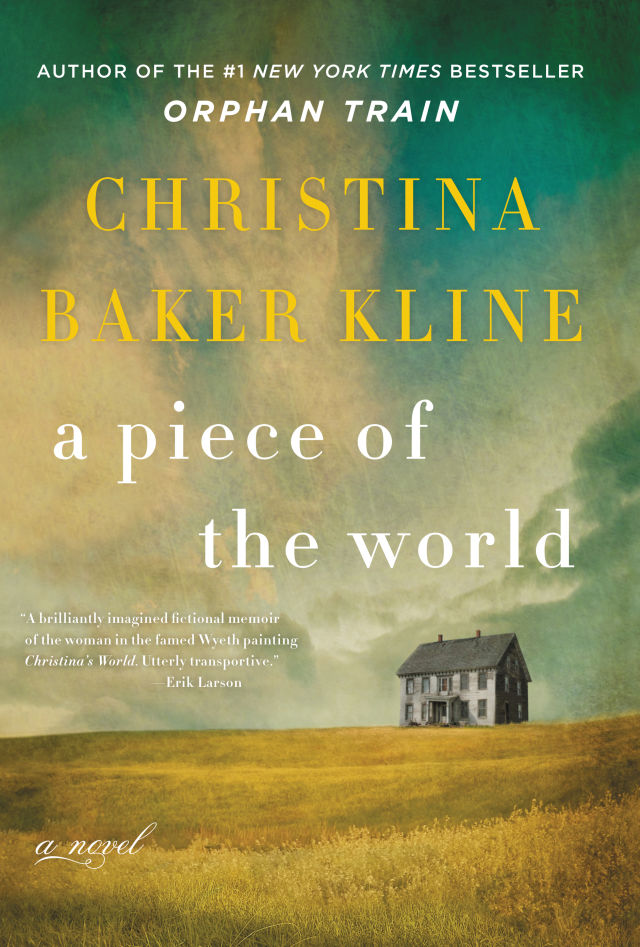
Image: Courtesy photo
In chronicling Olson’s daily routine, the novel also details the hard manual labor and ingenuity required to live on a coastal farm. “I’m fascinated by that kind of lifestyle where you are really on your own,” says Kline, while acknowledging that on the surface, a back-to-the-land ethos can be deceptively alluring. “A lot of people have a sort of sentimental vision of what that would be like.”
She is already “neck deep” in her next book, which will address the little-known story of the female convicts sent to Australia by the British government to help create a native population, a program Kline calls “thoroughly amoral.” “It’s the perfect next story for me,” she continues, “mid-19th century, with a similar level of research and immersion.” But the novel that follows will be purely contemporary, she says, laughing: “I’ve got to stop going down these rabbit holes.”
Christina Baker Kline appears at Winter Words Tuesday, February 20, Paepcke Auditorium, 6 p.m., Tickets $25, aspenwords.org

